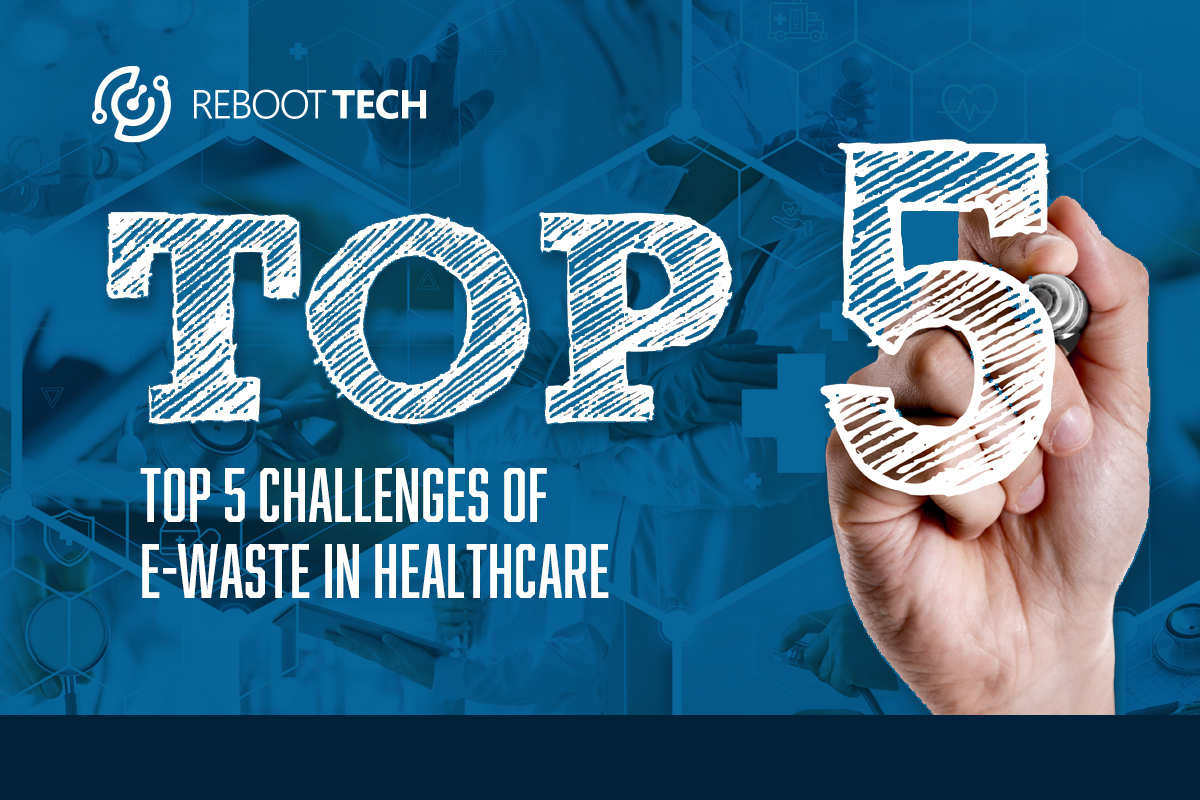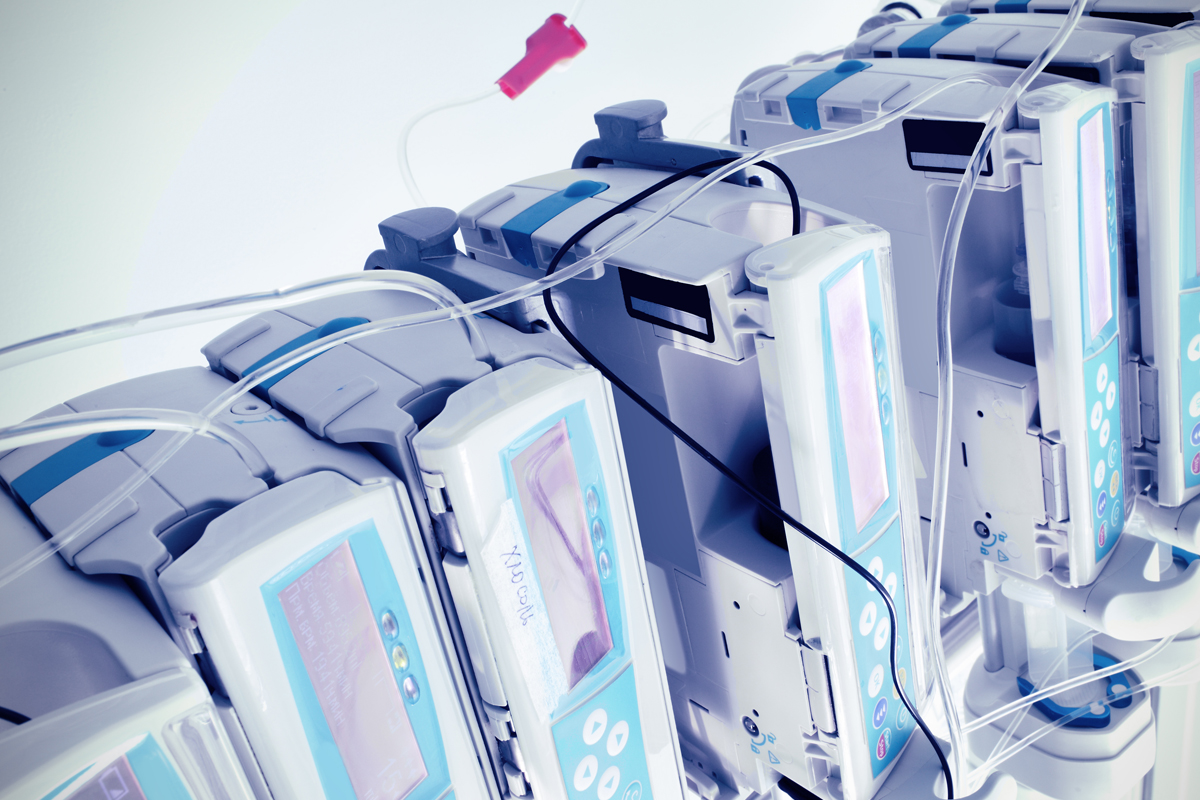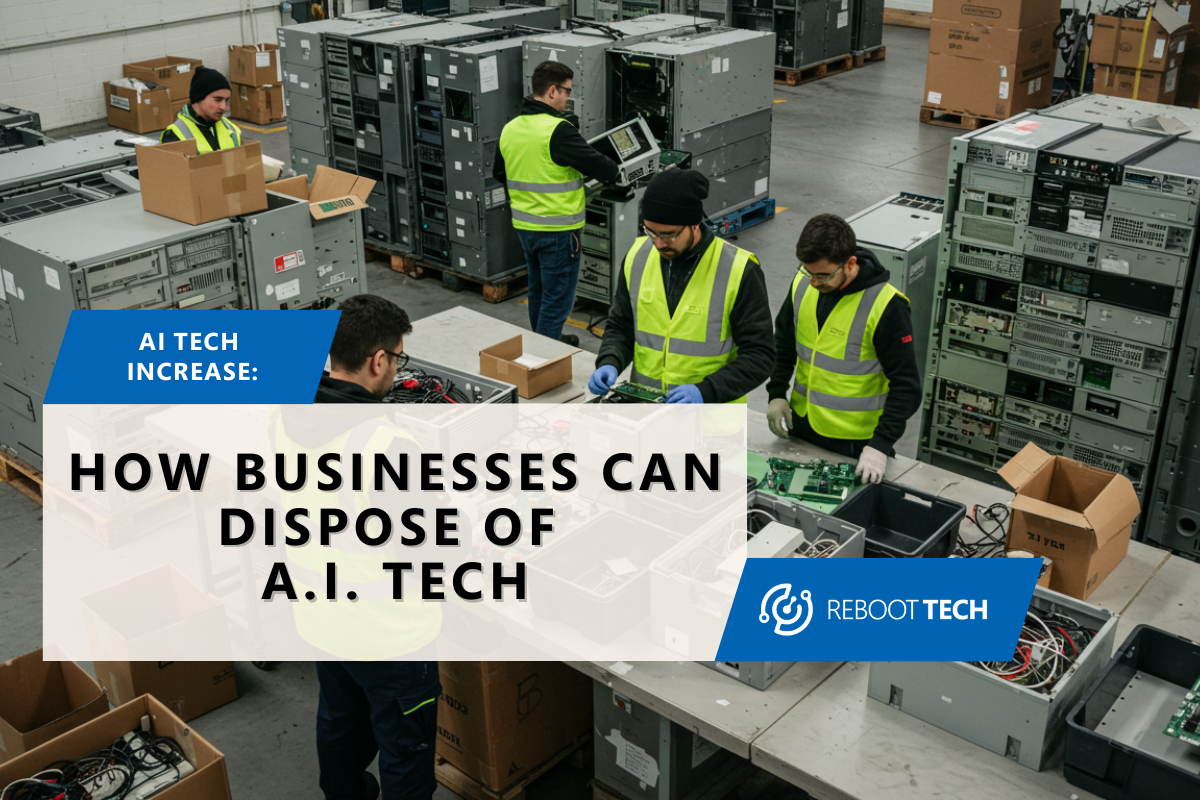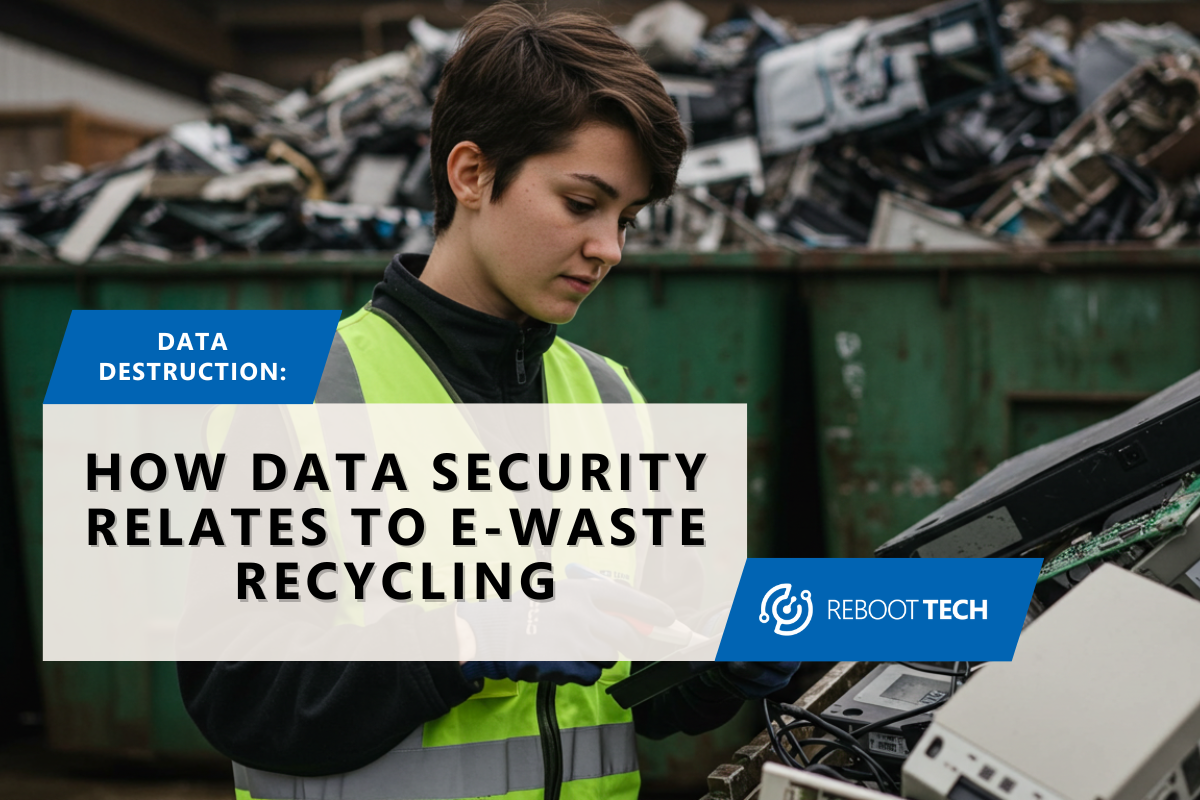
Top 5 Challenges of E-Waste in Healthcare
Technology has had a very positive effect in the healthcare sector as it has improved patient care and rehabilitation. People can now have remote meetings or have their diagnosis examined even better. Unfortunately, electronic waste (e-waste) is growing faster as old technology gets pushed out more quickly, which also makes it harder for facilities to follow regulations. E-waste presents several issues that range from harming human health to data security risks. Let’s look at the main five challenges of e-waste in healthcare and how they affect patient care and data safety.
E-Waste Effect on Human Health
Incorrect disposal of e-waste is very risky for healthcare workers and patients; electronic devices have harmful materials like lead, mercury, and cadmium that can leak into the environment, contaminating soil and water.
Healthcare workers who handle e-waste without proper protection may be exposed to these poisonous substances, which can make them very sick and can lead to long-term health risks. Also, patients in places that don’t manage e-waste well might come into contact with contaminated equipment, which makes the health risks even worse.

HIPAA Adherence
In healthcare e-waste management, following the Health Insurance Portability and Accountability Act (HIPAA) is crucial. Hospitals’ electronics are mainly data storage which have a lot of sensitive information on patients and their medical history. The HIPAA rules require secure handling and disposal of electronic protected health information (ePHI) to keep patient information private. Yet, it can be hard for healthcare groups to understand and meet those rules when getting rid of e-waste.
Making sure electronic devices with patient data are wiped clean or destroyed properly, without risking data safety, needs strict rules.
Data Security
Electronics in hospitals hold a lot of private and sensitive information, which makes them vulnerable to breaches when electronics are thrown away. Healthcare facilities need to make sure data is secure by using methods like encryption, wiping, or destroying storage devices. Failing to protect patient information can lead to legal problems for healthcare organizations or worse.
Supply Chain Complexity
Handling e-waste in healthcare is made harder by the supply chain for receiving and disposing of medical devices. Hospitals have many departments and places, each with its own electronics. Making sure these places get rid of e-waste properly needs good communication, teamwork, and planning to follow rules and keep the environment safe.

Technological Obsolescence
The fast progress of technology in healthcare adds to the e-waste challenge. It is a good thing that we have new equipment to better human health and makes healthcare more accessible; however, as new and better equipment comes out, old ones become useless and are thrown out and end up in landfills which hurts the environment. Hospitals need to use eco-friendly methods to dispose of and recycle electronic devices to prevent e-waste while still embracing new technology.
In conclusion, e-waste presents big problems for healthcare groups, including worries about the environment and keeping patient information safe. While it’s important that healthcare adopts new technology and continues helping people, we need to make sure the old equipment gets properly disposed of. Solving these problems needs a careful plan that follows rules, protects patient data, and uses eco-friendly e-waste methods. By spreading knowledge, working together, and trying new ideas, healthcare facilities can lessen how e-waste affects people, nature, and data safety.





